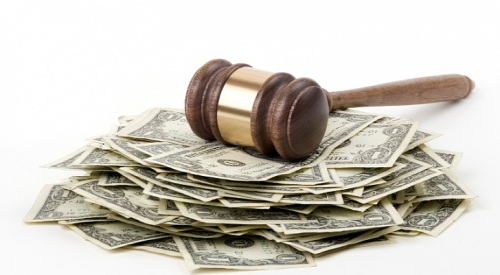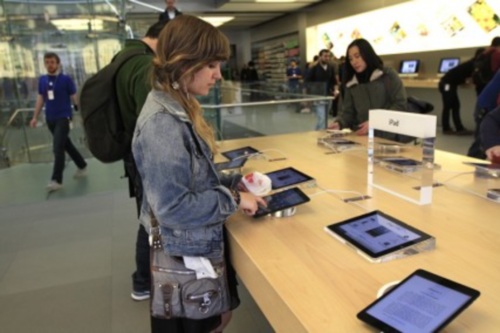According to the Boston Herald , Boston University is taking Apple to court for patent infringement, accusing the California-based company of using one of the University’s semiconductors in its products.

Specifically, the suit — which was filed in the U.S. District Court of Massachusetts — says that the semiconductor was patented by computer engineering professor D. Moustakas in 1997 and is currently being used in several Apple products, including the iPhone 5, iPad, and MacBook Air.
“Defendant’s acts of infringement have caused and will continue to cause substantial and irreparable damage to the University,” BU states in its complaint.
The school is seeking a monetary reward from Apple, as well as a sales ban on the aforementioned products.

This is not the first time that BU has taken a major tech company to court over the illicit use of components that its staff developed. The school has filed eight similar suits in the past, having gone head to head with the likes of Amazon and Samsung, both of which cases were filed within the last year alone.
The Boston Herald story says that the current case against Apple is no slam dunk. In order to win, the school must prove that Professor Moustakas planned on profiting from the technology he created.
Should BU succeed in this regard, however, it will receive a rather large compensation package.
From the Herald:
“Local tech analyst Roger Kay of Endpoint Technologies Associates said he wouldn’t be surprised if a successful verdict or settlement netted BU in the realm of $75 million.
“'Courts can be irrational in these cases,” Kay said. “You get these ridiculous judgments sometimes and they may think of Apple as a big, rich company that doesn't deserve all that money.”
“Both BU and Apple have turned away the media’s request for comments. A source familiar with the case said that the University will illustrate that at least one other company pays a licensing fee to use the semiconductor in question, evidence that could prove quite valuable.”
Story via: bostonherald.com
Advertisement
Learn more about Electronic Products Magazine





